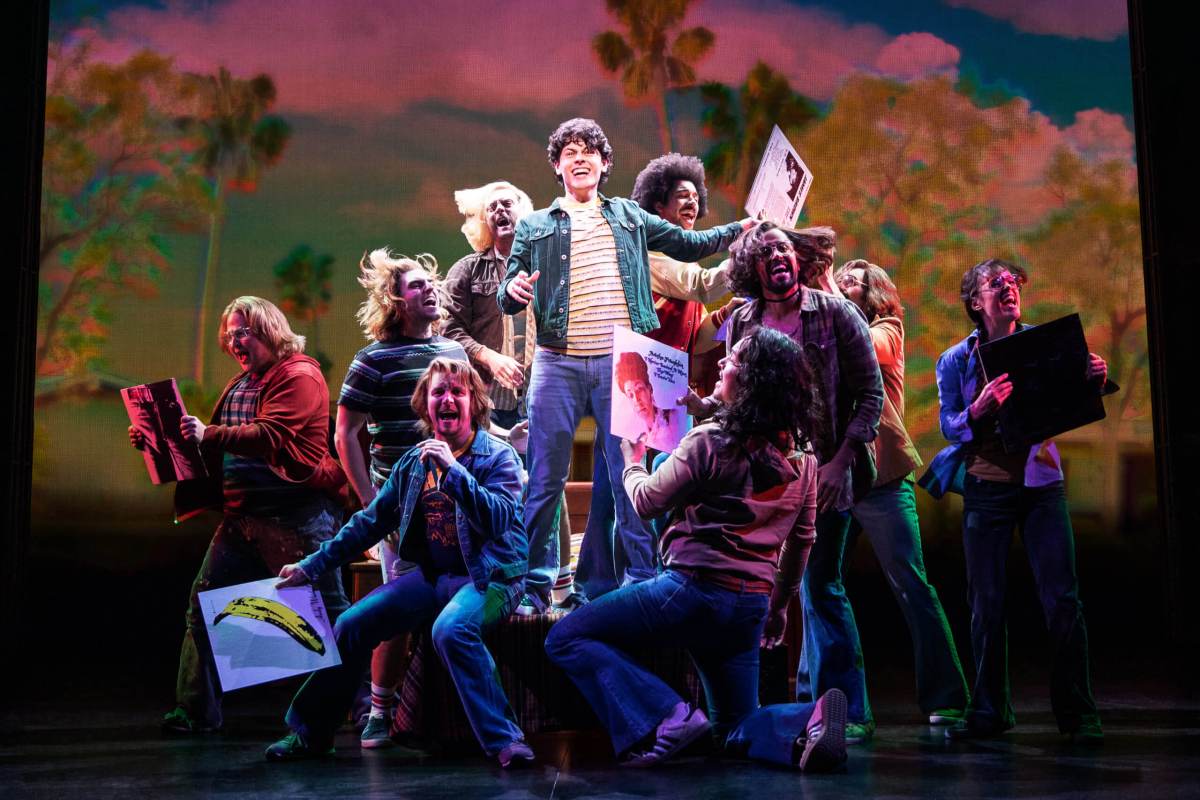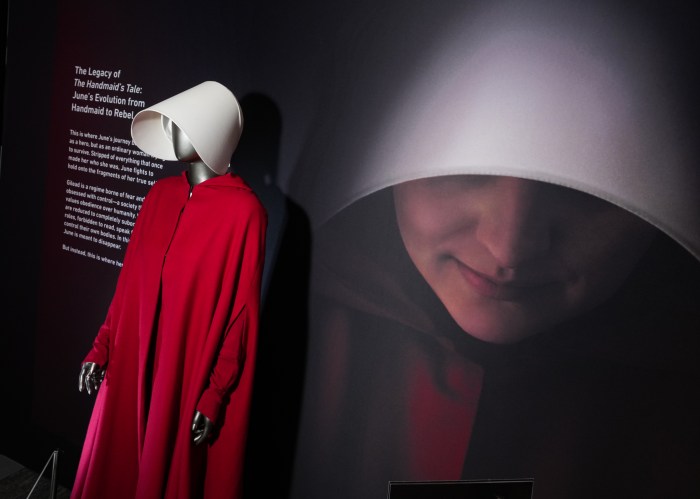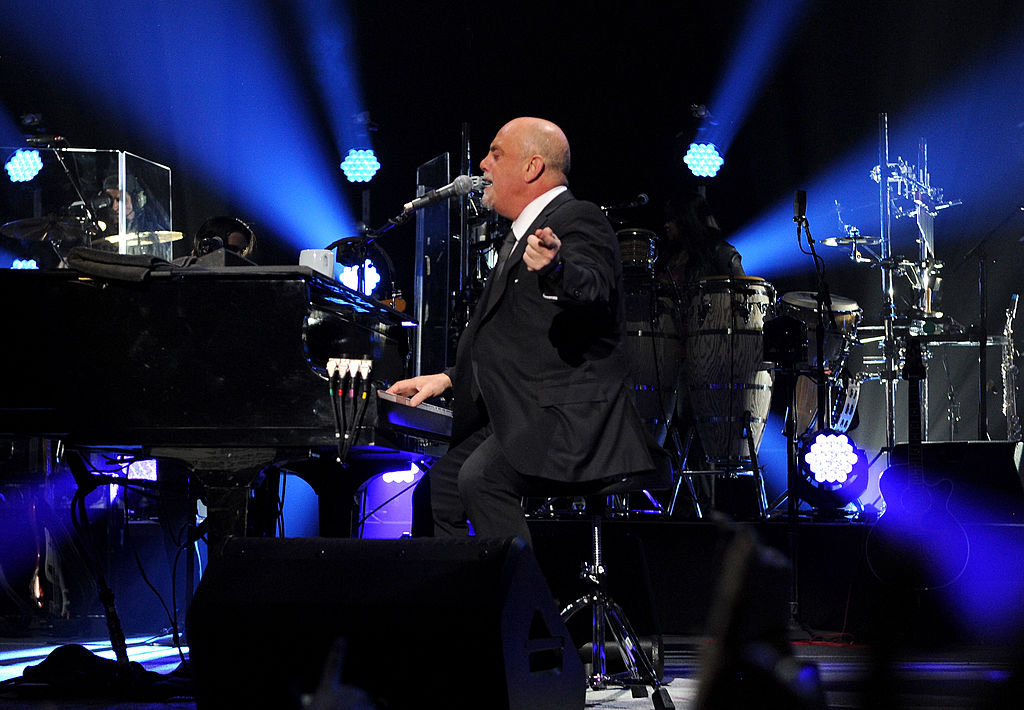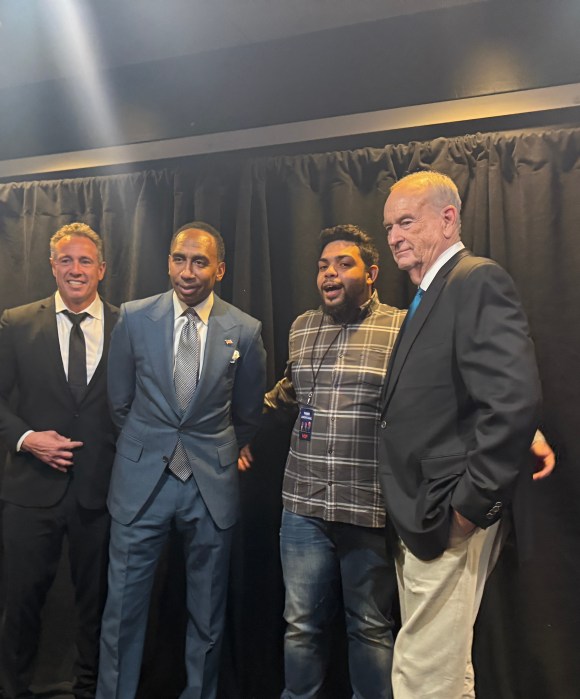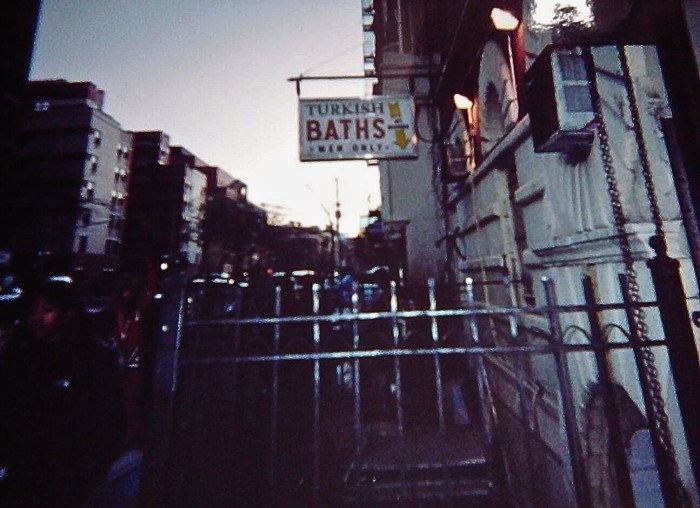The best thing about “Almost Famous,” the new Broadway musical based on Cameron Crowe’s 2000 coming-of-age film, is that it provides a good excuse to revisit the film itself, which is supremely enjoyable, heartfelt, and eminently quotable, with a first-rate soundtrack and a knockout cast, which extends from the lead performances by the likes of Billy Crudup and Frances McDormand to the cameos by future stars such as Eric Stonestreet and Rainn Wilson.
In spite of having an atmosphere built around 1970s pop-rock, “Almost Famous” is hard to musicalize because its protagonist, the 15-year-old aspiring rock journalist William Miller, is mostly a passive observer. Some of the other characters, such as the 16-year-old “band aid” Penny Lane and the moody guitarist Russell Hammond, lose their mysterious appeal by opening themselves up in song. The storytelling is also episodic in nature.
“Almost Famous” is a good example of a “why musical”: a musical that is okay at best and does not add anything of value to its source material, so why bother with it? In fact, Almost Famous” (which has book and lyrics by Crowe, plus music and lyrics by Tom Kitt) is too faithful to the film for its own good.
The soft rock score is not bad. In fact, the songs are nicely integrated into the dialogue (virtually the entire original screenplay is being used) and often have a propulsive quality. However, the storytelling is not enhanced by the addition of the songs. Furthermore, adding a handful of period hits (including Elton John’s “Tiny Dancer,” which was also featured in the film) makes the original songs seem inferior by comparison.
While the production (directed by Jeremy Herrin) is polished and marked by seamless scene transitions, it represents little more than an uninspired simulacrum of the film in which the magic and charm has gotten lost in translation.
Recreating many of the memorable sequences from the film, such as the rooftop acid trip and the electrical storm plane ride, is difficult. Most awkward is the gag where a young girl runs smack into a wall while trying to deliver a phone message. Onstage, it really looks as if the actress herself has accidentally hurt herself.
All of the performances are overplayed. Compared with Kate Hudson’s glowing and fragile Penny Lane, Solea Pfeiffer (who has done excellent work in other musicals) comes off as far too mature and assured. And whereas Patrick Fugit was vulnerable and likable as William in the film, Casey Likes is emphatic and whiny.
Ironically, whereas the film bemoans the loss of the indie rock spirit to commercialism, the musical represents the latest product of the never-ending industry of adapting famous films into stage musicals. Lester Bangs, the real-life rock critic who serves as a mentor figure in “Almost Famous,” would most certainly have panned the musical.
Bernard B. Jacobs Theatre, 242 W. 45th St., almostfamousthemusical.com.



